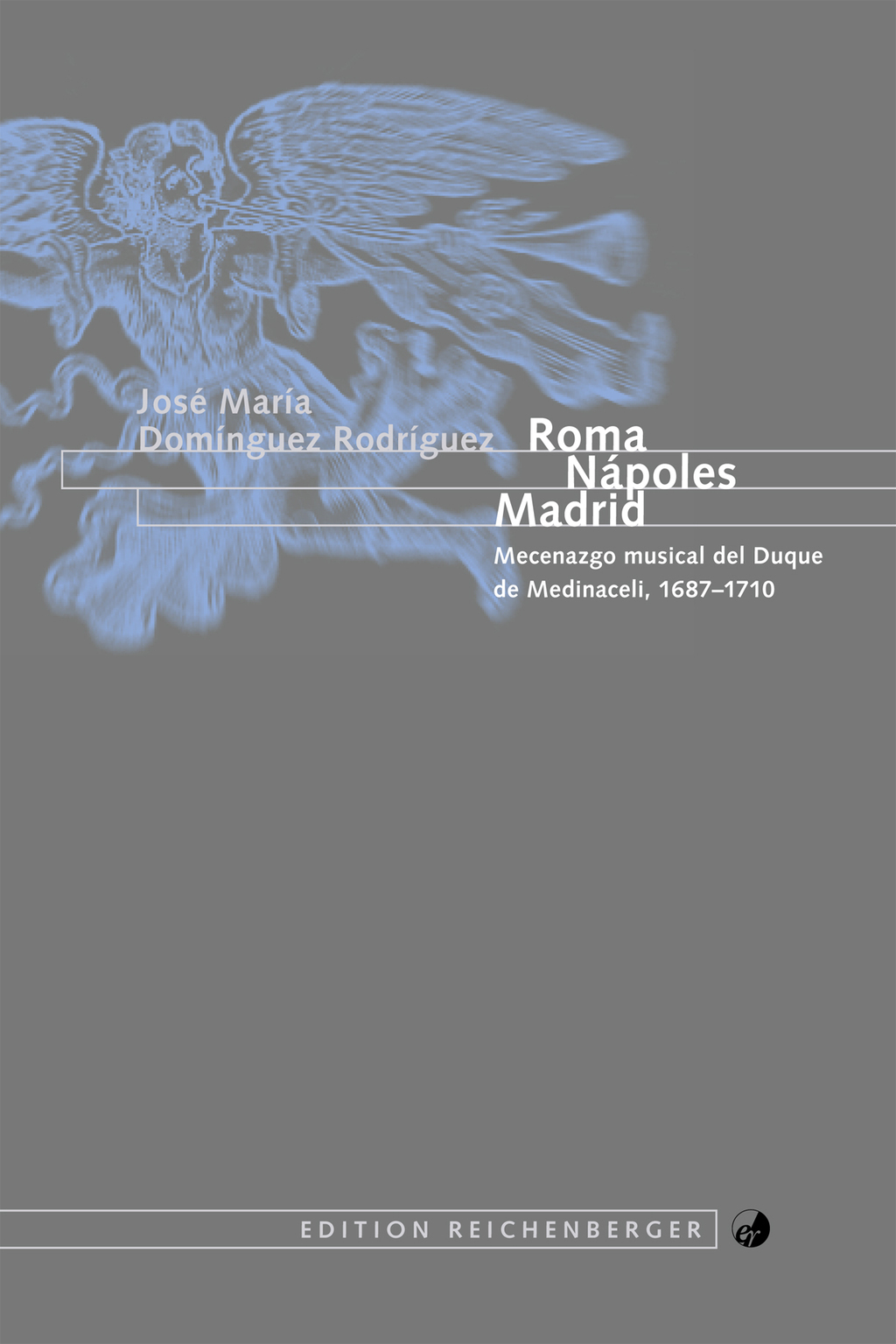Author
José María Domínguez Rodríguez
Characteristics
384 pages; 14 black and white illustrations; hardcover; 16 x 24 cm
Publication
Spanish; published by Reichenberger with the collaboration of the CEEH; 2013
ISBN
978-3-944244-02-0
Price
€66,24
The 10th Duke of Medinaceli (1660–1711) was a brilliant patron of art and music as ambassador to Rome, viceroy of Naples and an active courtier in Madrid. His stay in Italy played a decisive role in the espousal of the models that modernised Spanish music in the early eighteenth century. His close contact with composers such as Alessandro Scarlatti and Arcangelo Corelli and experience in staging operas was a contributing factor. Whereas until now the changes in the musical history of that period in Spain have been explained chiefly by the circulation of certain forms of music and creators, this book takes the novel approach of focusing on the career of a powerful politician who made his musical milieu an instrument of diplomacy and propaganda in each city. Medinaceli embodies the most complete model of high culture of the nobility in the Spanish monarchy in the period from the decline of the Baroque to the rise of Enlightenment. This is the first study to do justice to his splendid facet of music lover and shows how musical patronage helped protect his image internationally in the unstable context of the War of the Spanish Succession.
José María Domínguez Rodríguez earned a European Doctorate from the Universidad Complutense de Madrid. He was a predoctoral fellow from 2005 to 2009, during which time he carried out research at the universities of Cambridge, Palermo and Naples. In 2011 he was awarded a musicology scholarship to study at the Real Academia de España in Rome. He has been a lecturer at the University of Extremadura and a postdoctoral fellow of the ‘Juan de la Cierva’ programme at the University of La Rioja. He is currently a full professor of Musicology at the Universidad Complutense de Madrid. His studies have been published in journals such as Reales Sitios and Early Music.

